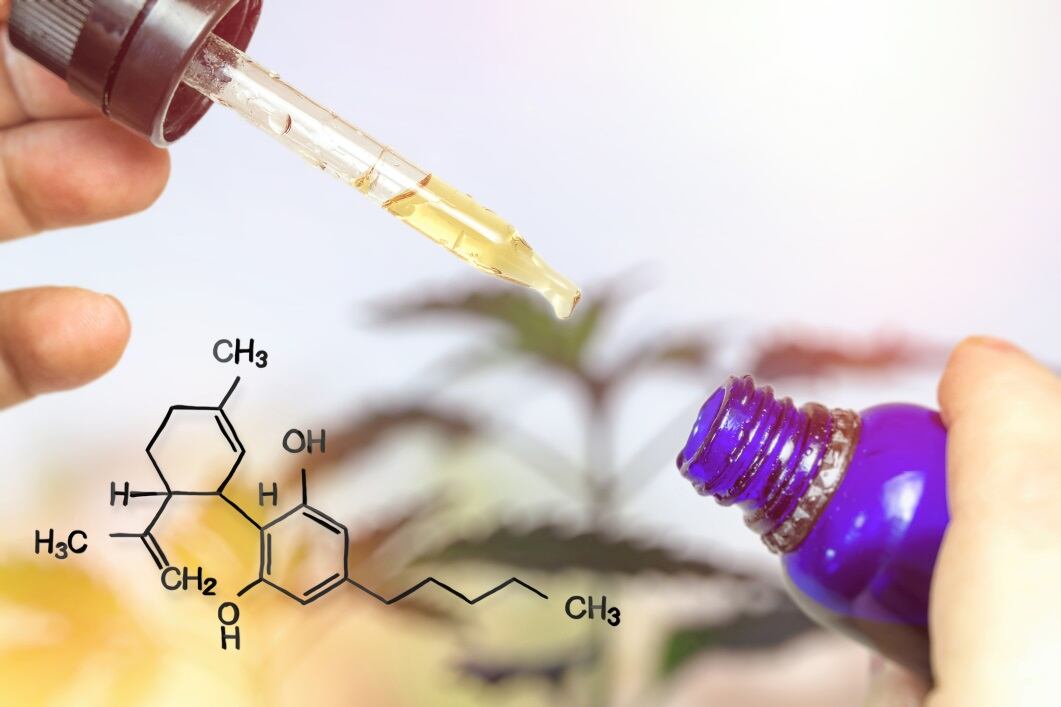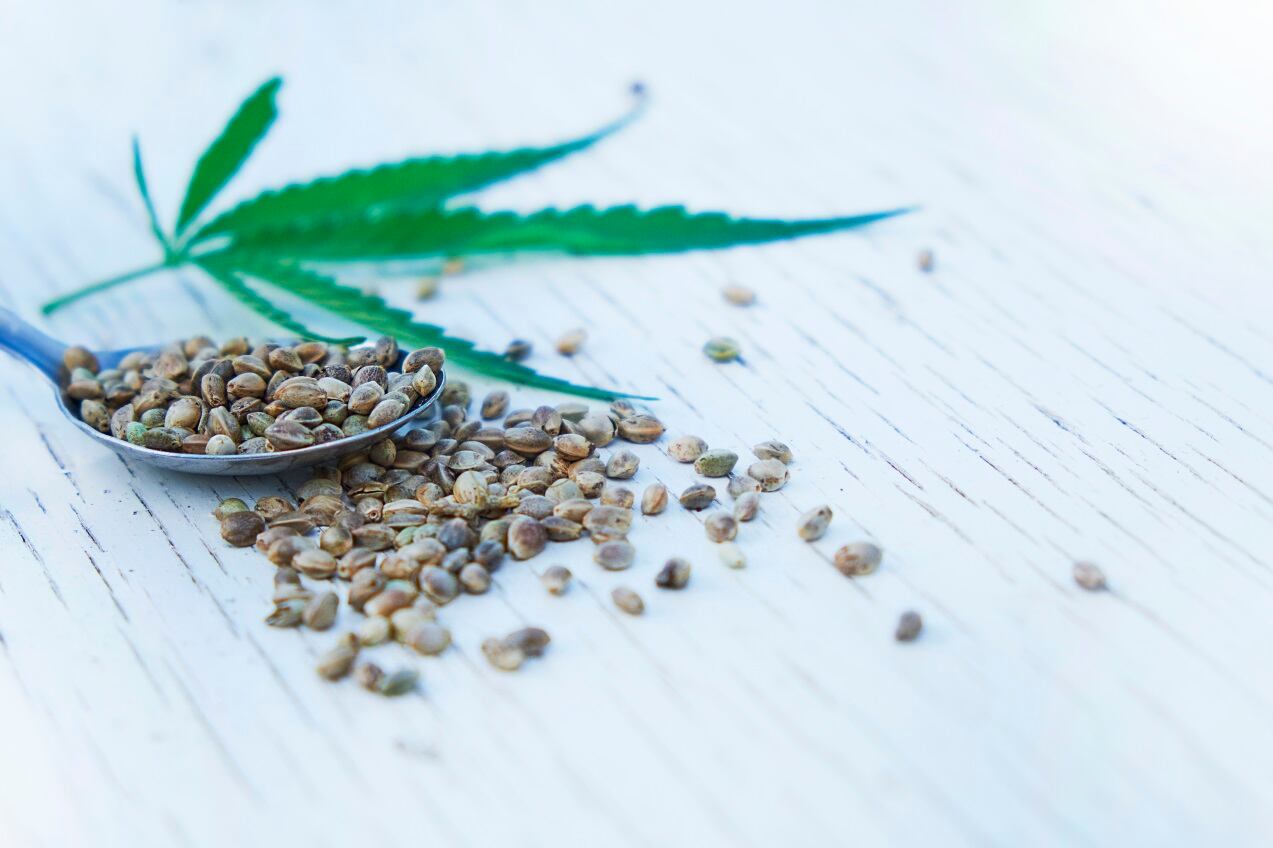CBD was placed on the Novel Foods Catalogue in January of last year, meaning that the ingredient requires pre-market authorisation. The difficulty with this situation was that the Novel Foods classification was applied to an emergent – but already existing – industry.
Some in the sector challenge the Novel Food status of CBD. They argue that the process of extraction – and whether it was used in the EU before 1997 when the Novel Food regulation came into force – determine whether the ingredient should indeed be defined as a Novel Food.
And, despite questionable legality, the CBD category has since continued to boom, with new products and applications regularly launching.
This situation has been able to arise because enforcement across the European Union is patchy. Some markets, such as Spain and Austria, stringently enforce the Novel Foods ruling and products containing CBD are removed from the shelves. But in others, national food safety and enforcement agencies have turned a blind eye.
Responding to this situation, the UK Food Standards Agency (FSA) has set a clear deadline – 31 March 2021 – by which time all CBD products will need to have submitted a validated Novel Food application (NFA). Brands that are not compliant with the Novel Foods regime will be removed from the shelves, the FSA insisted.
“The application itself needs to provide detailed information about production of the novel food, including compositional and stability information. The application also needs to include details of the proposed end uses of the food, although these tend to be broad categories,” a spokesperson for the FSA told FoodNavigator.

European food law expert Katia Merten-Lentz, partner at Keller Heckman, elaborated: “To get a green light from the EU Commission the dossier has to be as detailed as possible and as consistent as possible, both on a regulatory perspective and a scientific one in order to demonstrate that, first of all the new ingredient is safe and, secondly, the consumer will not be misled.”
By this, Merten-Lentz said the European Commission, under the advice of the European Food Safety Authority, will consider factors like whether an ingredient is ‘very similar’ to another regular ingredient but which could be ‘less interesting nutritionally speaking’.
From plants to consumption: ‘Cover the whole process’
The Novel Foods process is notoriously costly and time consuming. From the date an application is submitted, it will take around two years before final approval is granted.
For the most part, the ingredient manufacturer is likely to be the Novel Food applicant. The FSA spokesperson explained: “The Novel Food legislation allows anyone to apply for authorization. Who does this would be dependent on individual circumstances, and for businesses to determine themselves. That said, in practice we tend to find that it’s the raw ingredient manufacturers that apply for authorisation of Novel Foods as they tend to have access to all the necessary production information.”
Finished brands need to ensure that their particular end-product formulation is covered by any Novel Food application made by the CBD ingredient supplier.
Dr Parveen Bhatarah, regulatory & compliance lead at the Centre for Medical Cannabis (CMC), explained that it is incumbent on the CBD brand to consider issues like stability and bioavailability – and how these may be impacted by up-stream formulation and processing.
“All finished products need to be covered by a validated NFA but this can cover several products as long as they are made with the substance (CBD ingredient) that holds the validated NFA. The validated NFA should list uses for which finished products are intended.
“Stability of the ingredient, covered in the NFA, in the finished product should be evaluated. Any application dossier for a finished product should address bioavailability of the validated NFA ingredient associated with intended use and predicted consumption derived from government specified database,” she told this publication.
This is necessary because different methods of production or formulation can impact the absorption or bioavailability of the CBD. It can also have a different purity profile.
“The processing itself… will also be an important consideration. For example, heat treated versus a cold process may well affect the substances and risks of the product and needs to be explored. Applicants need to review the whole process from growth of any plants, right through to consumption, with an appropriate safety risk mitigation plan.”
Merten-Lentz echoed the conclusion that most – but not all – CBD brands will be covered by a Novel Foods application submitted by their ingredient supplier. “It depends on the ingredient, but also on the other transformations this ingredient will undergo. If one or another process drastically modifies the main characters of the ingredient already authorised then a new authorisation will be required.”

Talk to your supplier
The Association for the Cannabinoid Industry (ACI) stressed that finished goods makers need to start having conversations with their suppliers over the status of any Novel Food application.
“Once it is established that the CBD raw material supplier is submitting a Novel Foods application, this makes the application process simpler for brands and manufacturers, as they are now only responsible for risk assessment and stability assessment of their finished product,” the industry association explained.
The challenge for manufacturers now, the ACI stressed, is compiling the complex data required for a Novel Food application within the timeframe specified by UK regulators.
Because it will take 2-3 months for a dossier to be validated, companies should submit dossiers to EFSA (with FSA in copy) by October 2020 or by December 2020 ‘at the very latest’ to be validated by 31 March 2021, the ACI advised.
The ACI has produced a list of data that will be required in the dossier alongside the estimated time it will take to gather this information.
“A company that has not started this process may be concerned that this date is in the past. However, it is possible that they could use the data from their CBD supplier, provided the supplier intends to submit a Novel Foods application,” ACI noted.




